Donna Summer Songs Ranked
LaDonna Adrian Gaines (December 31, 1948 – May 17, 2012), widely known by her stage name based on her married name Donna Summer, was an American singer, songwriter, and actress. She gained prominence during the disco era of the 1970s and became known as the “Queen of Disco”, while her music gained a global following. Summer died on May 17, 2012, from lung cancer, at her home in Naples, Florida. She sold over 100 million records worldwide, making her one of the best-selling music artists of all time. She won five Grammy Awards. In her obituary in The Times, she was described as the “undisputed queen of the Seventies disco boom” who reached the status of “one of the world’s leading female singers.” Giorgio Moroder described Summer’s work with them on the song “I Feel Love” as “really the start of electronic dance” music. In 2013, Summer was inducted into the Rock and Roll Hall of Fame.[6] In December 2016, Billboard ranked her at No. 6 on its list of the Greatest of All Time Top Dance Club Artists. Here are all of Donna Summer’s songs ranked.
Don’t miss out on the TIMELESS Donna Summer music below! Click to experience the legendary songs of Donna Summer!
20.Love’s Unkind (I Remember Yesterday, 1977)
“Big, cheesy piece of 70’s disco pop from Donna Summer when pretty much all of her singles were terrific. From an album full of pastiches (“I Remember Yesterday”) which yet contained the song which set a hundred trends with its startling originality (“I Feel Love” of course), “Love’s Unkind” happily evokes the early 60’s girl-group sounds of the Ronettes or Shangri-Las with the strings darting in and out of that earthy baritone-saxophone riff.”
19. On My Honor (Bad Girls, 1979)
“Summer and her crew. Summer’s unique and strong vocal talents were exactly what this record needed. In any other singer’s hands, this could have been an embarrassing flop.”
18. Sunset People (Bad Girls, 1979)
“Donna tackles the “I Feel Love” electro-rock thing again. Not quite as captivating, and you can only come out of left field once. But there’s a story this time, and because of the electro-pulse in the background, it’s tough to tell how sympathetic Donna is towards the in-process-of-being-eaten-by-Hollywood characters of which she sings. And the song is stronger for that. I can even overlook the pedestrian “doing it right, night after night” refrain.”
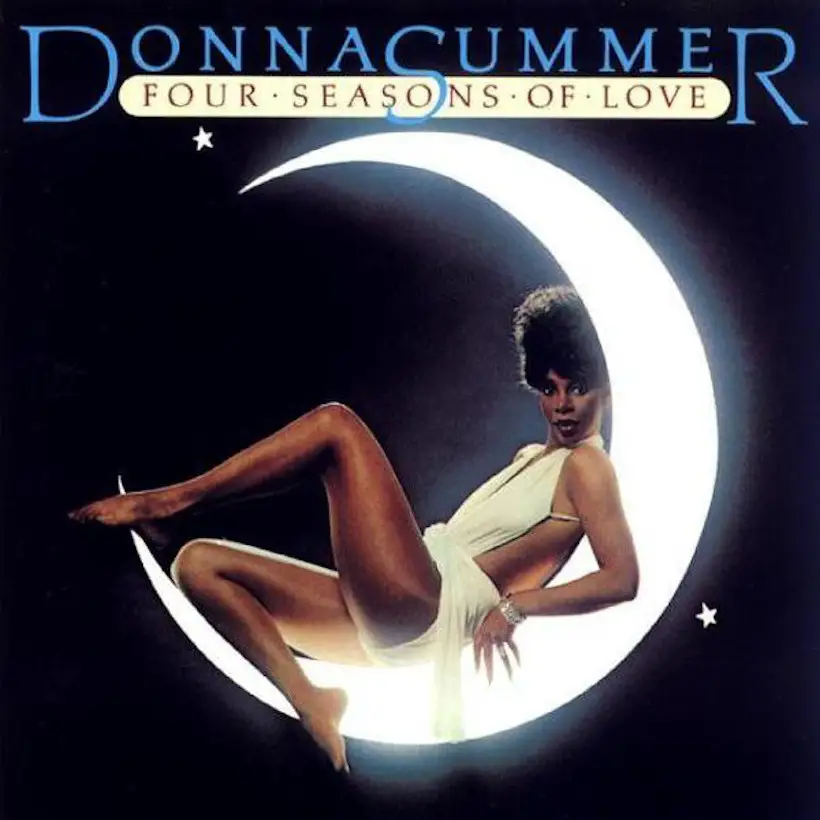
17. Summer Fever (Four Seasons of Love, 1976)
“Donna’s voice sounds incredible here, much better than on previous albums to my ears and the music is a very classy 70s disco production that you would expect from moroder. “winter melody” is a pretty ballad to end the seasons cycle of a love affair.”
16. No More Tears (Enough is Enough) (On the Radio: Greatest Hits Volumes I & II, 1979)
“I honestly have to wonder how Babs approved of this one. “No More Tears (Enough Is Enough)” couldn’t do more to satirize Streisand’s entire musical ethos than it does. The main lyrical motif of the first half is “it’s raining, it’s pouring,” for goodness sake. It’s a good thing the second half of the song is so energetic. It’s funny enough to think that Barbra Streisand could have been a great artist in addition to being a great singer had she just been given some harder rocking material; she completely outshines Donna Summer on “Enough Is Enough” on both a vocal and emotional level.”
15. Dim All the Lights (Bad Girls, 1979)
“One of those songs I bust out when someone asks “but what’s GOOD disco?” Nudging towards four-and-a-half stars, but a couple things working against it. The nearly-thirty-second vocal note is a bit gimmicky. The bridge, with its “bwah bwah bwah” keys and heavily-reverbed vocals, is a step-down. And Donna doesn’t do a great job ad-libbing in the fade. But these are small quibbles about a mighty fine slab of disco-pop.”
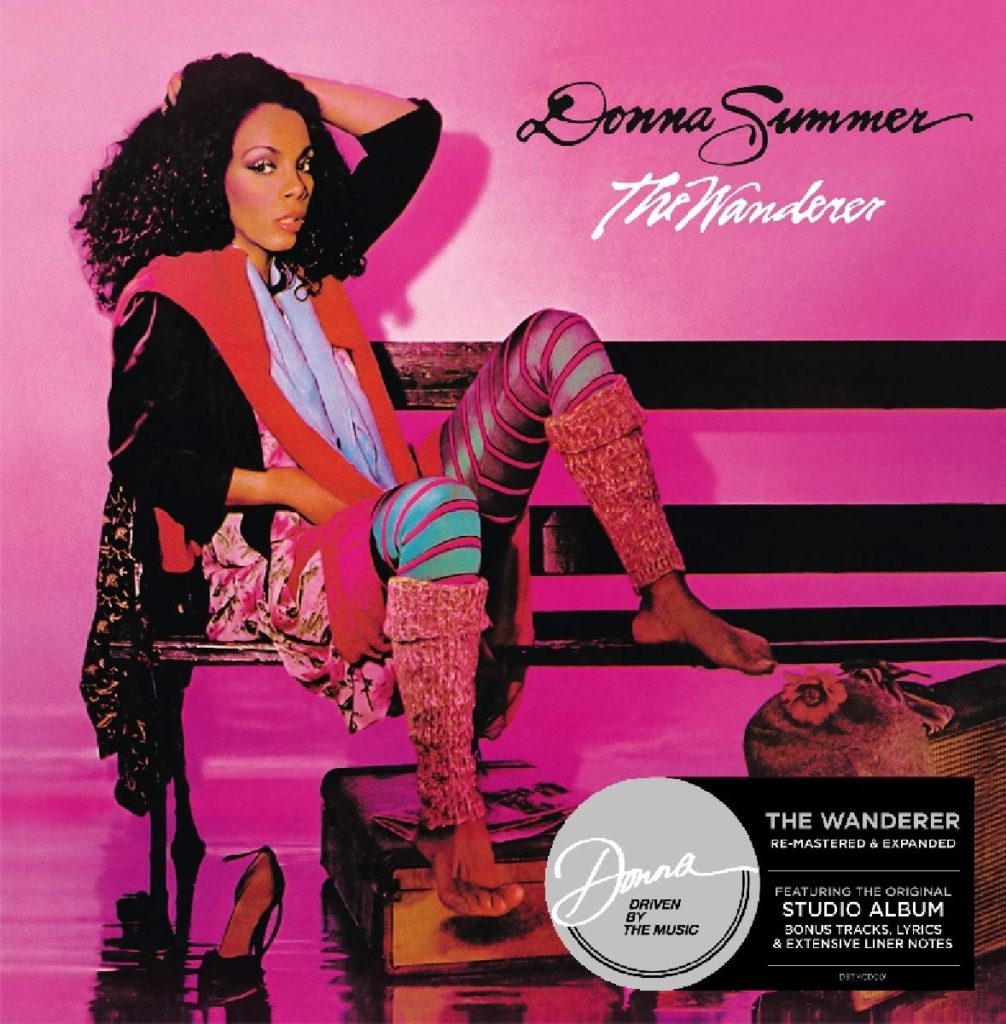
14. The Wanderer (The Wanderer, 1980)
“Donna Summer went a little astray of the whole disco thing with her The Wanderer album. The title track, while not as much a deviation as some of the other tracks on the album, was nonetheless a righteous little single. Even better was the b-side, “Stop Me”. Taken out of the oven, there’s little bad i can say about this one.”
See more: Donna Summer Albums Ranked
13. Lady of the Night (Lady of the Night, 1974)
“This is the first album of donna summer solo works – very good song: hostage – was banned in Germany – (political hostage in this year) – this is not donna summer that most people know – but a good album with a great voice – no disco!”
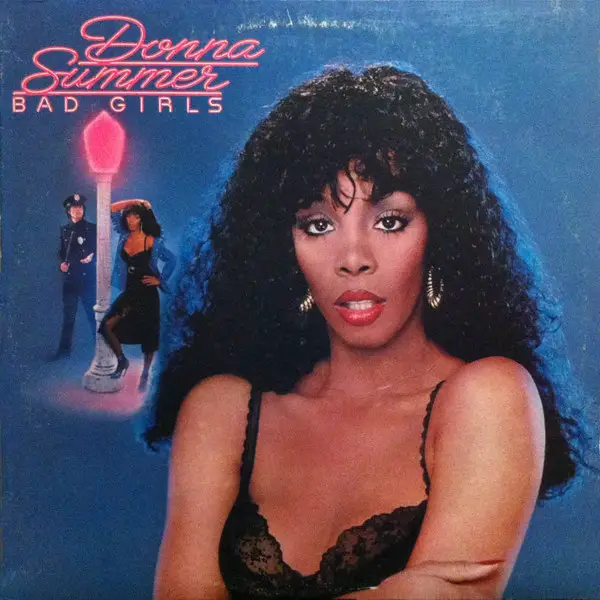
12. I Don’t Wanna Get Hurt (Another Place And Time, 1989)
“This single got the remix treatment when it was released in the U.K. At the tail end of the success of the previous single “This Time I Know It’s For Real”, which became a surprise smash hit on both sides of the Atlantic. This single made it to the top ten as well. Unfortunately, the LP version is much better and sounds way more interesting, production-wise, than the generic sounding remix. Nonetheless, it is the first track off its parent album “Another Place And Time”, and boy, does it kick the album off with a bang. Of course, Donna sings it with power, yet ease.”
11. This Time I Know It’s for Real (Another Place and Time, 1989)
“Sounds pretty much like a Rick Astley song, except the queen of disco is handling the vocal duties instead of Rick here. Surprisingly awesome for a late 80’s SAW-produced track.”
10. Bad Girls (Bad Girls, 1979)
“At the time of its release as a single, no one had ever heard anything like this before on commercial radio. Did Donna Summer really just sing that ? This is a groundbreaking recording that became a huge hit because of a musical groove that did not let up from beginning to end, and creative lead and background lyrics that were delivered expertly by. Summer and her crew. Summer’s unique and strong vocal talents were exactly what this record needed. In any other singer’s hands, this could have been an embarrassing flop. But, Summer knew exactly what she had to do, and she did it with flair, gusto, and soul. A perfect match of a singer to the material. Brilliantly executed by all, particularly Summer.”
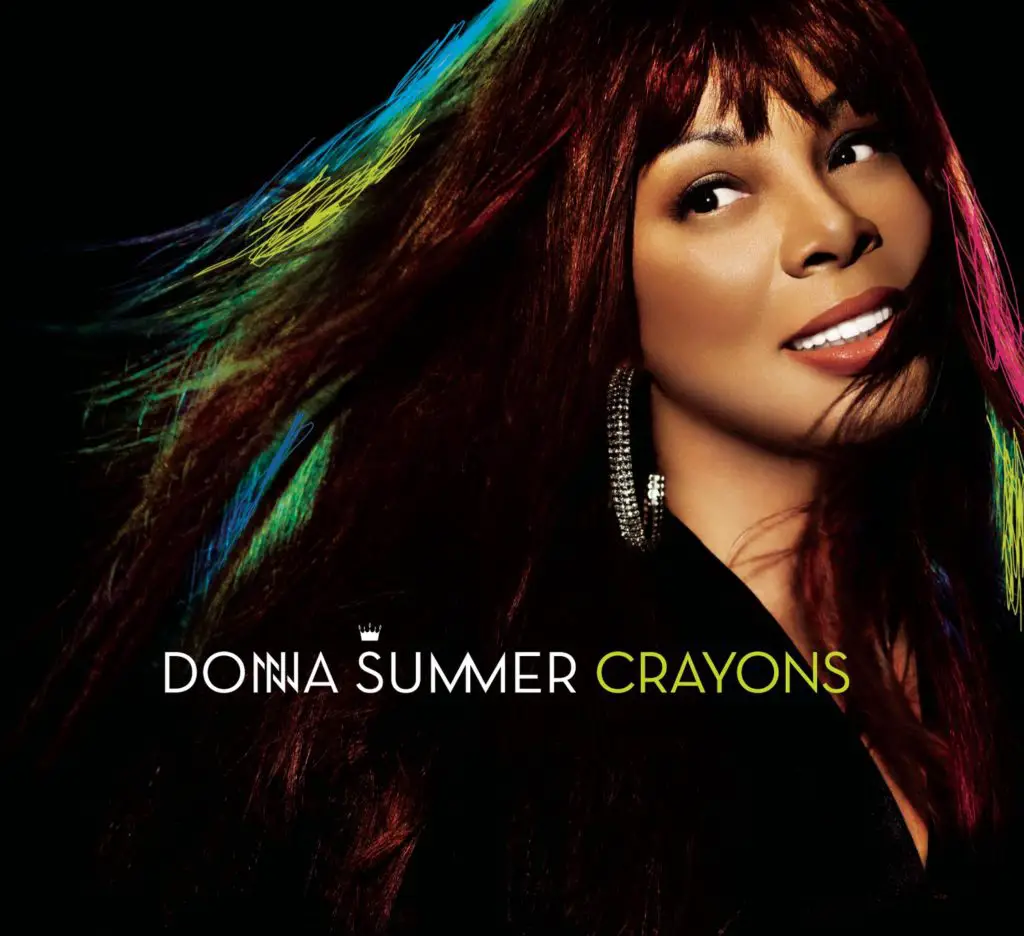
9. Love to Love You Baby (Love to Love You Baby, 1975)
“Donna Summer’s first single release was groundbreaking for 1975. Shocking and revolutionary in its intimacy, this got her noticed. Everyone was talking about this record. Totally unique at the time – and she was credited for bravely taking it on. It was a gamble that paid off and resulted in an illustrious career.”
8. Heaven Knows (Sleepless Nights, 1979)
“A bigger hit than it deserved to be, because of Summer’s perfectly melodic and strong vocals. This is an example of how Summer’s talents were always able to take any song and elevate it to a higher level. The lyrics and instrumentation are rather uncomplicated and commonplace, but Summer’s voice, style, and interpretation make it ultimately pleasing and very worthwhile. The break with a male singer is sort of irritating, and totally unnecessary when you’ve got Summer leading the way. Therefore, the 4 and a half stars rather than a five.”
See more: Pat Benatar Albums Ranked
7. MacArthur Park (20 #1’s: Disco, 1979)
“Someone had the idea to take “MacArthur Park”, the only extant chunk of a side-long musical suite, and rebuild ANOTHER suite around it. And to do it disco-style. On paper, this is a terrible idea., but somehow they made it work. The full suite is a bit tough for me to listen to in one sitting, but in single-sized chunks, it works quite well. The music and production were top-notch, and nobody probably could’ve sung it better than Donna. (Her final “oh no” remains my favorite part.) This version hit number one in the US, one spot higher than Richard Harris’s original.”
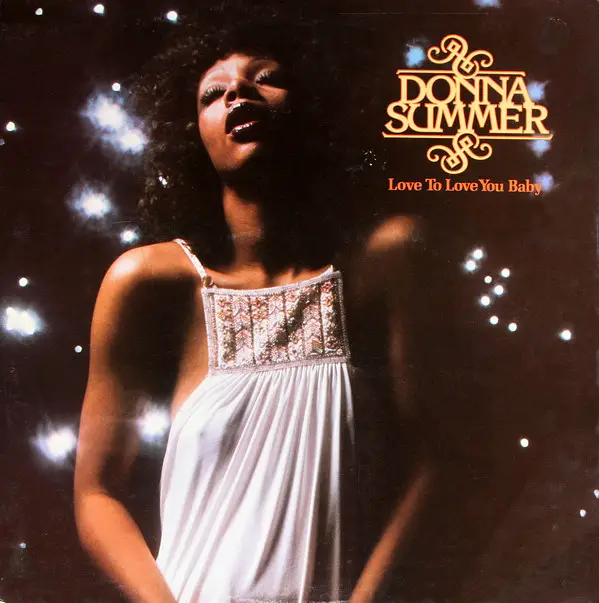
6. I Feel Love (I Remember Yesterday, 1977)
“Supposedly Giorgio Moroder didn’t care for Patrick Cowley’s mix. Indeed, the original version was pretty damn near flawless and one of those songs where you can’t really think of anything that might be improved. Cowley took the chance anyway to rather spectacular effect. Injecting the song with an additional boost of adrenaline, Cowley deftly expands the interludes, cascades, dynamics and build-ups resulting in a 15 minute ecstasy inducing affair. There’s a genuine sense of musicality at work here, as well as an impeccable and almost intuitive understanding of dance music.”
5. Love is in Control (Finger on the Trigger) (Donna Summer, 1982)
“Donna meets Rod Temperton meets Quincy = disco heaven. Fantastic production from Q, as high-gloss as anything he conjured up for Michael Jackson, throwing in the “P.Y.T.” synth-vocals and somewhere in the mix a mad whistler. The lyric makes use of every gun-related metaphor it can while Donna uses her “weapon of choice” (voice) to her usual good effect.”
4. Hot Stuff (Hot Stuff, 1979)
“The summer of 1979 was the Summer of Donna Summer. She single handedly heated up the radio with this and “Bad Girls.” Her music was everywhere and with “Hot Stuff” she showed the world that she was much more than the queen of disco. This record rocked as Summer revealed her truly extensive vocal talents with a performance and sound that has withstood the test of time. A soul and pop classic.”
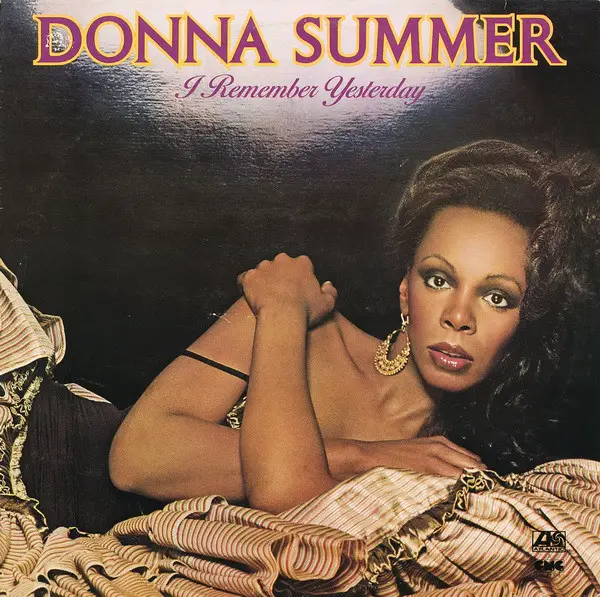
3. She Works Hard for the Money (She Works Hard for the Money, 1983)
“If you’re familiar with the hard-driving working class feminist anthem that lends the album its name, then you’ll know what to expect of the other eight, Michael Omartian-produced songs – they’re basically full of bright, sunny and danceable pop hooks combined with socially conscious lyrics.”
2. On the Radio (Bad Girls, 1979)
“On the Radio is another disco classic featuring the powerhouse vocals of Donna Summer and the production skills of Giorgio Moroder. It went to #5 on the US Billboard charts and to #9 on the R&B chart. I went on to become America’s #53 song for 1979. All in all, I would rather own a couple of singles from Donna Summer’s prime than every album Whitney Houston ever produced.”
1. Last Dance (Live and More, 1978)
“I’m pretty sure there was cold, clinical thought behind this song. They saw a market gap – “hey, there’s no good ‘final song’ to play at discos” – and then went about filling it. That’s not really a problem, though, since they did an extremely good job of filling that gap.”

